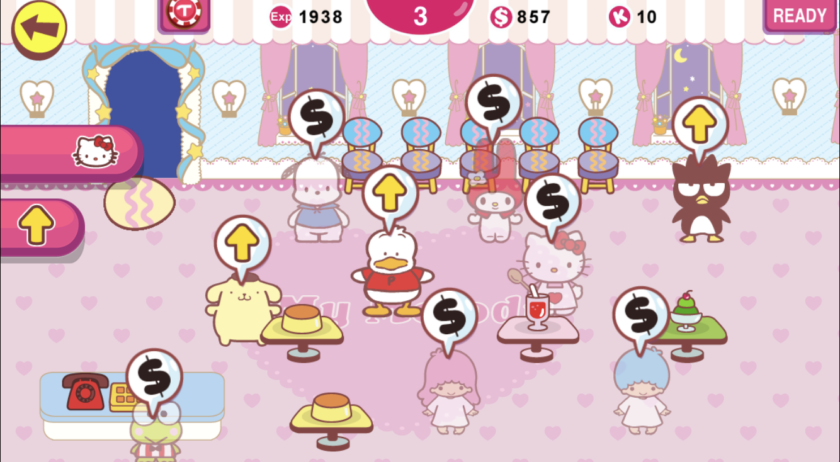Welcome to Learningworks for Kids Game Vocabulary for Parents! In this series, we are highlighting some key gamer vocabulary for busy parents and defining the key executive functions that can be strengthened through play. This video will focus on the term Idle Games. Click below to watch the video and learn more. The transcript is also provided below for your convenience. A special thanks to our videographer J.R. for his work on this awesome video!
Hi and welcome to LearningWorks for Kids’s Gaming Vocabulary for Parents. This is a video series where we will be taking some of the most common gaming terms and vocabulary and breaking down their meaning and how these terms can help you understand the executive functioning skills behind your child’s favorite games. Like what you see? Then be sure to visit us at learningworksforkids.com to read our educational blogs, read our game reviews, and learn more about how to create a balanced play diet for your child.
Today we are going to be talking about the game you can set and forget; the idle game. Idle games, sometimes called incremental or clicker games, are meant to be left running without the player necessarily being around to interact with it in any meaningful way. When the player does interact with the game, they are usually maintaining the action by clicking on various portions of the screen before setting the game back down again. Popular games in this genre of games are Game Dev. Story, Neko Atsume, AFK Arena, Fallout Shelter, and Egg Inc. Some games like The Longing can actually be idle adventure games, combining the puzzle and movement portions of the action genre with the clicker and passive portions of an idle game.
So if your child isn’t even playing the game, what can it possibly be teaching them in terms of executive functioning skills? Well, idle games often require a degree of planning and organization. Everything from in-game currency, energy levels of employees, types of purchases that can be made, and your reputation within the game is all determined by how well you plan out your actions before walking away from the game for a while. For example, in the idle game Idle Museum Tycoon: Empire of Art, the player needs to generate income from the public in order to fund additional purchases for the museum and to pay the employees who help run the place. The public comes to the museum and pays you but if your museum is boring, dirty, or full of thieves they will be unhappy and not return. The player needs to organize their available resources and plan how to best use them to create an interesting museum that is constantly expanding without stretching themselves too thin and not being able to maintain the exhibits or the staff.
So how can these idle games help your child activate their executive functioning skills in real life? Give them a task involving a limited resource such as their allowance. Learning how to manage money in an idle game isn’t going to turn your children into financial planners overnight but it can open up an important discussion with them about budgeting their money wisely and how to allocate funds for different areas of interest such as family outings, games, bigger purchases, etc. Idle games can also teach your children about screen time and the balance between games and other activities. Idle games are meant to be interacted with for a brief period of time and then left alone. This can help your child start to notice how much time they may be devoting to other games which require more attention and how they might want to adjust their gaming habits in the future.
Well, that’s all the time we have for today. If you’d like to watch more videos like this, go ahead and hit the subscribe button. We publish new content every week so you can learn how to set up your child’s play diet. To learn more visit learningworksforkids.com


